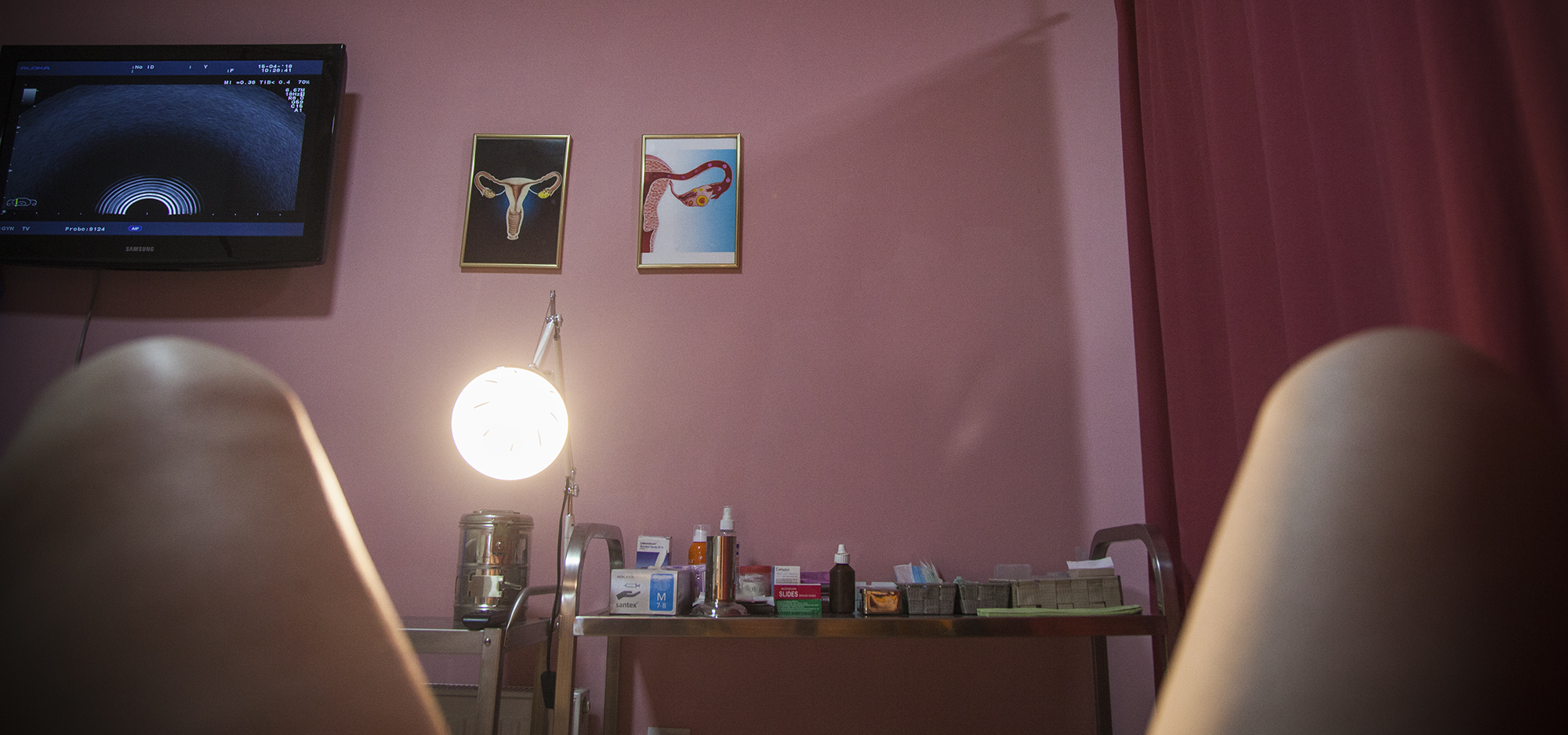
Reproductive rights denied
Women’s health widely overlooked and neglected.
|05.06.2018
|
"Women’s health and welfare remains the lowest priority.”
“Comprehensive sexual education is not part of curricula in Kosovo. This lack of information about comprehensive sexual education creates many myths.”
Action for Mothers and Children“Another myth is that the coil causes cancer, which is just plain misinformation.”
“Cervical cancer is very aggressive and [can be] fatal, but annual PAP tests detect the earliest signs of cancer.”

Leonida Molliqaj
Leonida Molliqaj has completed her BA in sociology at the University of Prishtina and is now studying for an MA in the same department. She is a journalist at the Kosovar Investigative Reporting Center in Prishtina and is a specialist researcher on corruption, gender inequality and social issues. She has won awards for her investigative work from NGOs, UN bodies, the European Commission and the Association of Journalists of Kosovo. Leonida is a K2.0 Human Rights Journalism Fellowship program fellow (2019 cycle).
This story was originally written in Albanian.